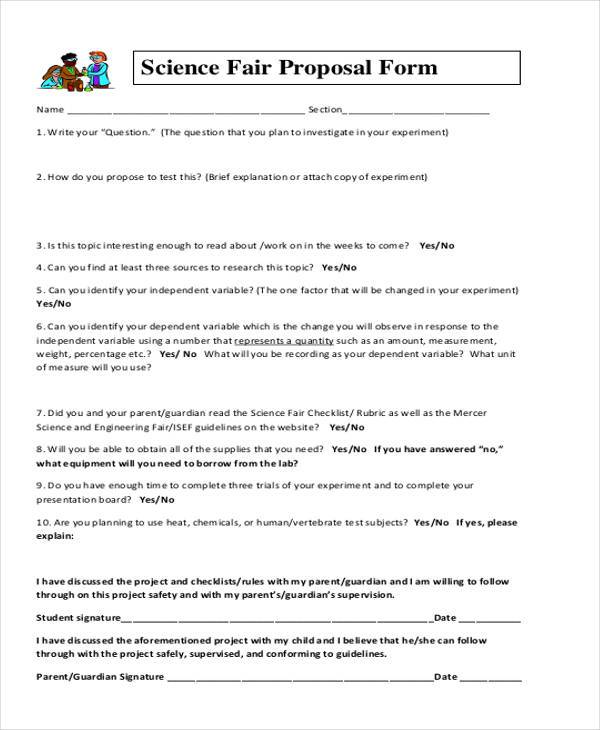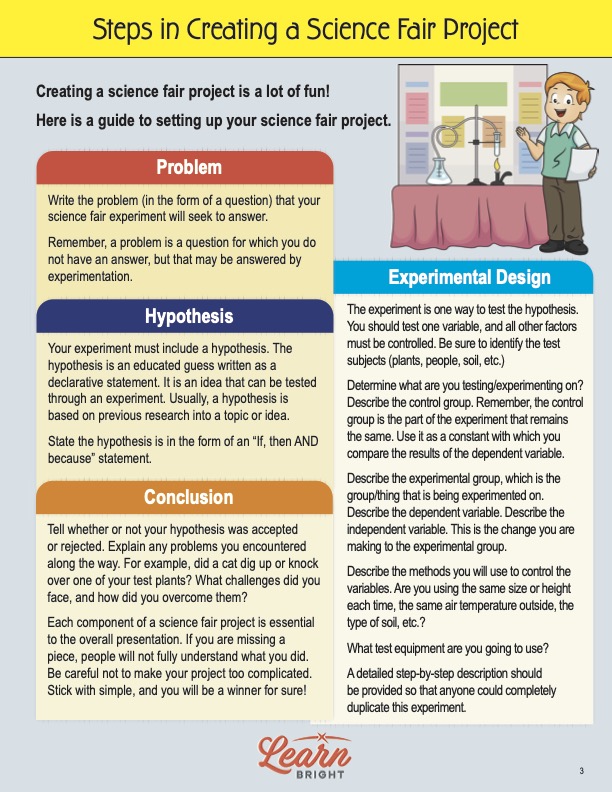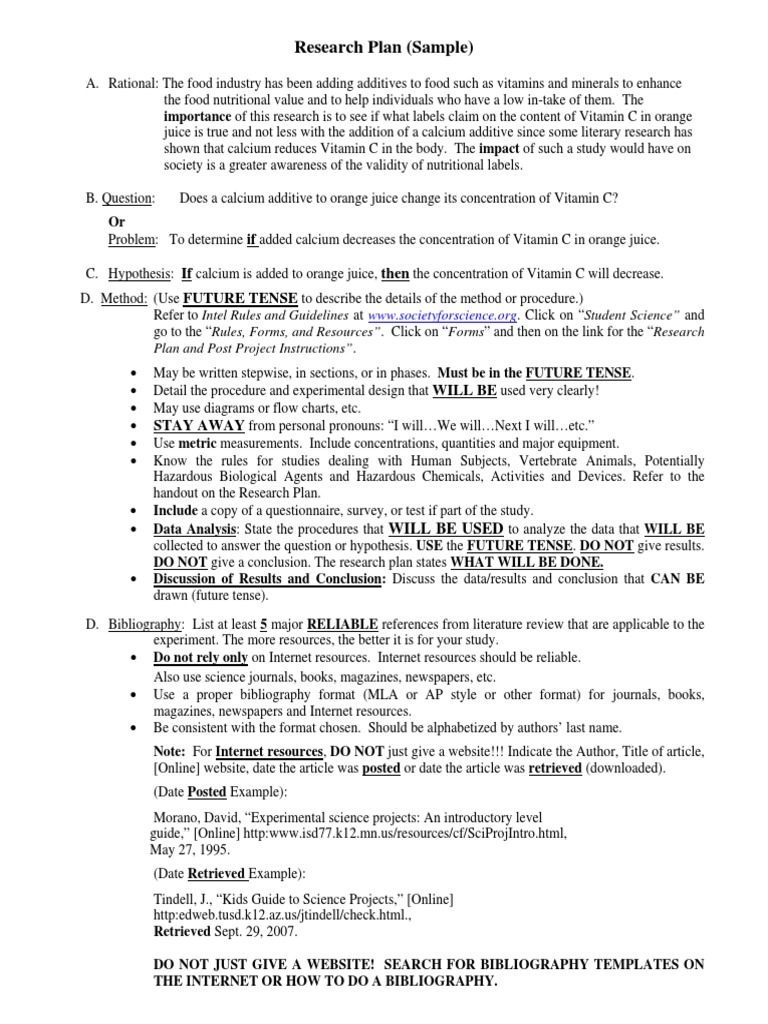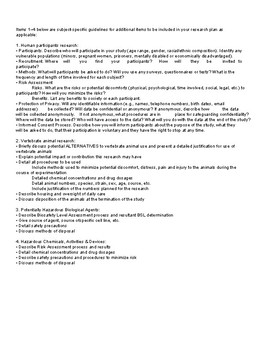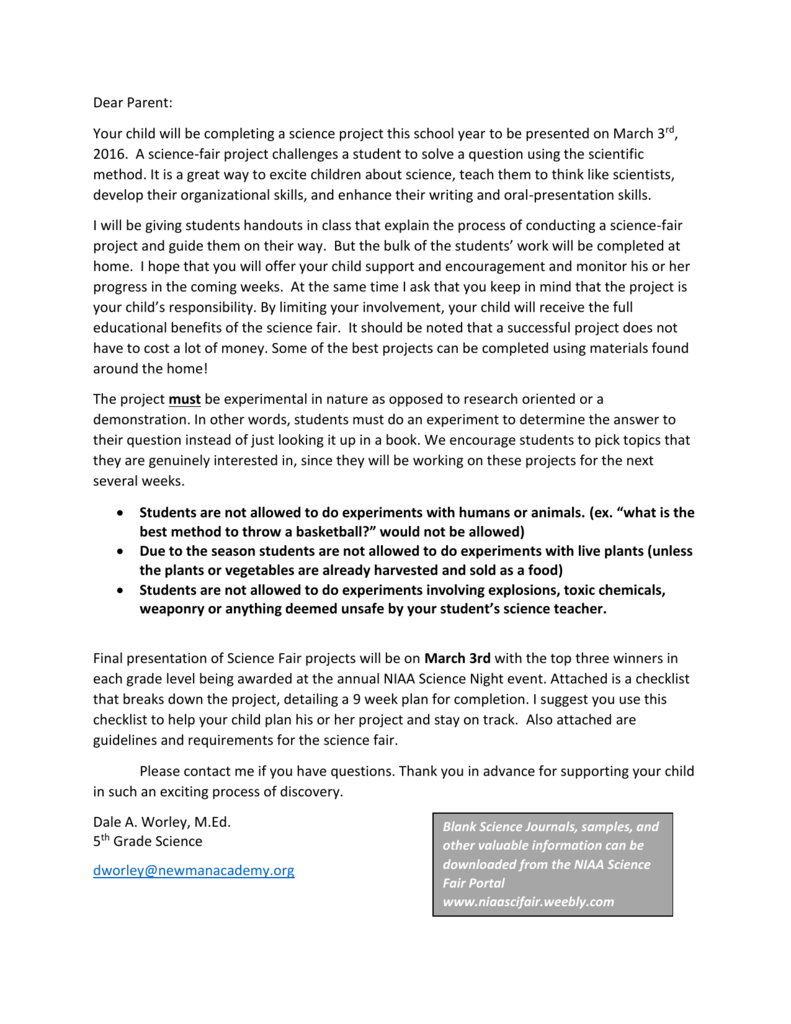A research plan is a crucial part of any science fair project. It helps to define the goals of the project, as well as the methods and materials that will be used to achieve those goals. In this essay, we will outline the steps for writing a research plan for a science fair project.
Step 1: Choose a topic
The first step in writing a research plan is to choose a topic for your project. This should be a topic that you are interested in and that fits within the guidelines of the science fair. Some possible topics for a science fair project include:
- Investigating the effects of a particular variable on a biological or physical process
- Comparing the efficiency of different methods for solving a problem
- Examining the properties of a particular material or substance
Step 2: Define your research question
Once you have chosen your topic, the next step is to define your research question. This should be a specific, clear question that your project will seek to answer. For example, if you are interested in the effects of temperature on the growth of plants, your research question might be: "How does the temperature at which plants are grown affect their growth rate?"
Step 3: Develop your hypothesis
After you have defined your research question, the next step is to develop your hypothesis. This is an educated guess or prediction about what you think the outcome of your experiment will be. For example, if your research question is about the effects of temperature on plant growth, your hypothesis might be: "Plants grown at higher temperatures will have a faster growth rate than those grown at lower temperatures."
Step 4: Design your experiment
Once you have developed your hypothesis, the next step is to design your experiment. This will involve deciding on the materials and methods that you will use to test your hypothesis. Some important considerations when designing your experiment include:
- Ensuring that you have a control group, which is a group that is not subjected to the variable you are testing (in this case, temperature). This will allow you to compare the results of the experiment to a baseline, and to see the specific effects of the variable you are testing.
- Making sure that you have a large enough sample size to provide reliable results.
- Controlling for other variables that could affect your results. For example, if you are testing the effects of temperature on plant growth, you will need to make sure that all of the plants are grown in the same type of soil, with the same amount of water and light.
Step 5: Collect and analyze data
Once you have completed your experiment, the next step is to collect and analyze your data. This will involve carefully measuring and recording the results of your experiment, and using statistical tools to determine whether your results support your hypothesis.
Step 6: Write your research plan
Once you have completed your experiment and analyzed your data, the final step is to write your research plan. This should include an introduction to your topic, a description of your research question and hypothesis, a detailed description of your experimental design and methods, and a discussion of your results and their implications.
In conclusion, writing a research plan for a science fair project is a crucial part of the scientific process. By following these steps and carefully planning your experiment, you can ensure that your project is well-designed and will provide reliable and meaningful results.
